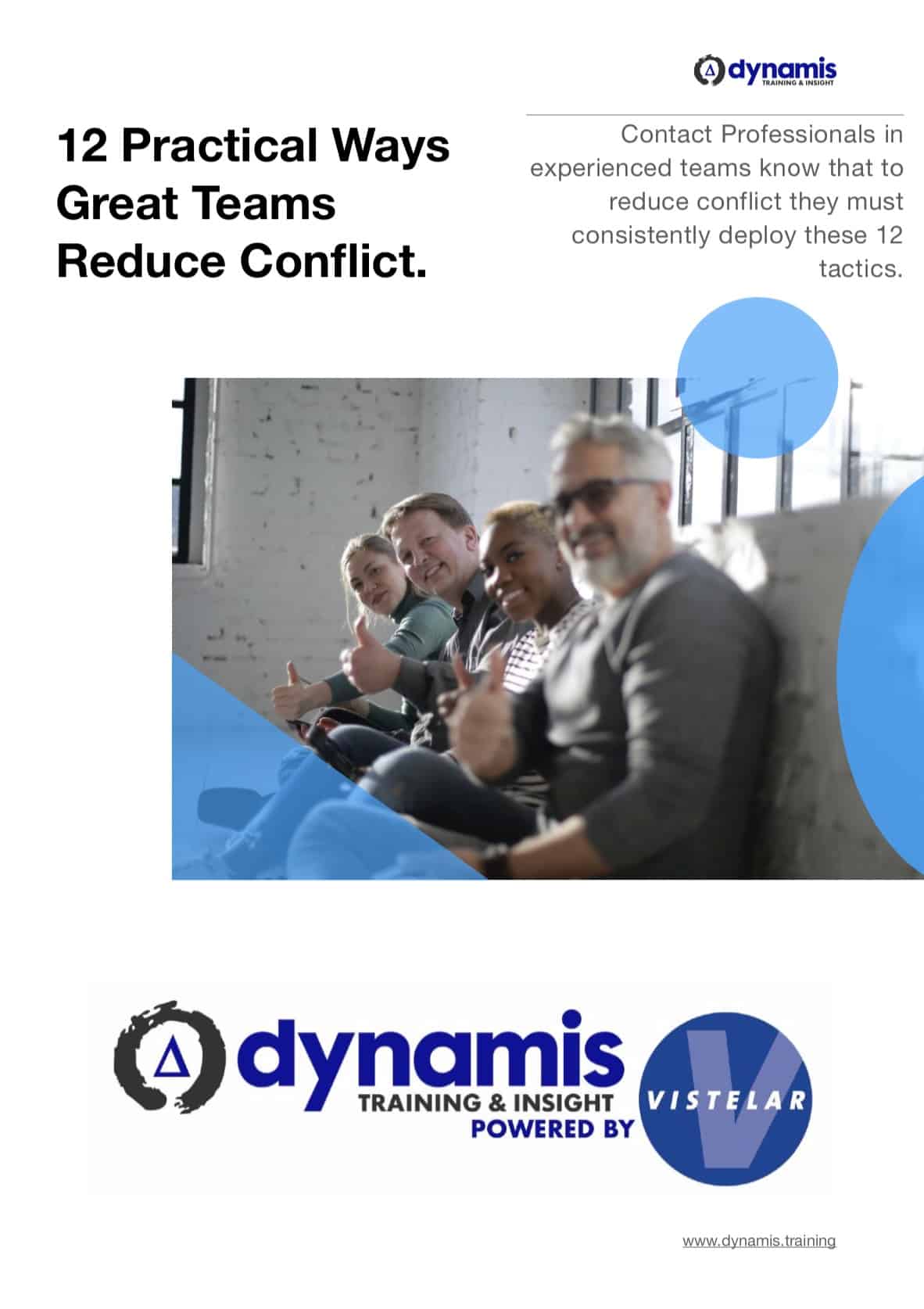Spitting attacks are gut-wrenching for most people, but would you lose your professional composure? From what I know of talking with learners on our Conflict Resolution courses for years, I am quite sure that many people would rather be punched in the head than spat in the face.
During the COVID crisis, we added being intentionally coughed-at into the same category of assault. There’s a primal and powerful response to those very intimate spitting attacks that we detailed in the other post on our site.
But, let’s take a moment – if you are a public-facing worker I really think you should think hard about your response under a spitting attacks-style assault:
- someone spat or coughed in your face intentionally as an act of abuse or assault
- someone spat or coughed in your workmate’s face as an act of abuse or assault
Would you or your colleague lose control of themselves under the sudden awfulness of spitting attacks? Could they or you possibly do something that would end your career or have them lose their job?
Our colleagues at Vistelar have consistently taught a module of their Conflict Management course for public-facing staff which addresses moments like this: when your workmate is about to do something you may both regret.
If you are a contact professional:
Take a moment today to talk to your team or your workmates about what you will agree to do for one another if this kind of thing happens during an encounter. This discussion could include what behaviour you are and are not prepared to accept as you work in the team.
If you manage contact professionals:
Take a moment to talk with your team, make sure your risk assessments are up to date, that your people have PPE available and are using it, and that you have a ‘preplanned practiced response’ in mind if this happens in your workplace.
You could even practice these scenarios and what the appropriate response to this is!
Take a look at the video here where the scenario is set for one partner to lose their emotional equilibrium after spitting attacks, and the other partner is tasked with mitigating the damage of what happens next.
We have a whole programme of dealing with these potentially dreadful moments where the actions of our team mates can help us to stay safe and stop us from being put at risk by our reactions to certain prompts.
At the point of impact, a single employee “represents” the whole organization, for better or worse. As Gary Klugiewicz from Vistelar has said many times, ”there are no longer any innocent professional bystanders” – even in the face of these awful spitting attacks!


